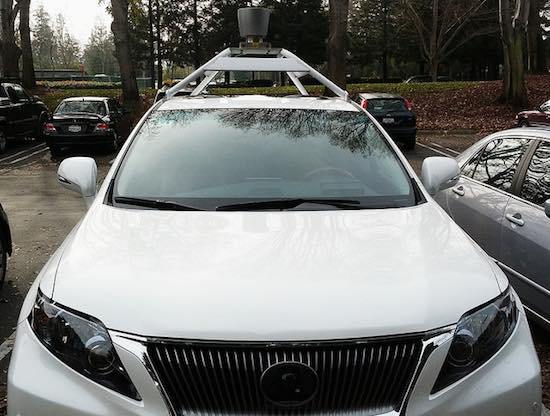
Former smartphone maker BlackBerry is planning to set up a new self-driving vehicle testing hub, reports Fortune. The company will spend most of the money on engineering jobs to develop the automated platform.
The company currently owns QNX, a real time POSIX-supported OS which it will use to develop automated software for cars. The company will work with middleware supplier PolySync and semiconductor company Renesas Electronics Corp and the University of Waterloo on its autonomous driving projects and will look for more partners.
Note that the autonomous cars space is quite crowded, although the technology is yet to see widespread consumer adoption. LeEco, which raised over $1 billion for building a ‘global electric transportation ecosystem’, currently has a car called the Autonomous Electric Super Car. It also has connections to Atieva, an autonomous electric car startup from the US and its founder, Jia Yueting, has also founded and funded Faraday Future, an American electric vehicle startup.
Other companies have more accomplished more than just ‘demoing’ their cars, with self-driving taxis operated by nuTonomy picking up passengers in Singapore and Uber launching its self-driving cars in the US. Tesla motors, which was invited by the Indian Govt to open a manufacturing hub and offered land at major port cities, also offers partially autonomous cars. However, the picture is not all rosy – Uber was made to halt its driverless cars in San Francisco as the DMV revoked its test fleet registration for not seeking Autonomous Vehicle Testing permits.Regulating autonomous cars: In February this year, the US vehicle safety regulators said that the artificial intelligence system piloting a self-driving Google car could be considered as the driver under federal law. This move cleared a major hurdle for making autonomous cars legally acceptable.
[sOURCE:-Medianama]




